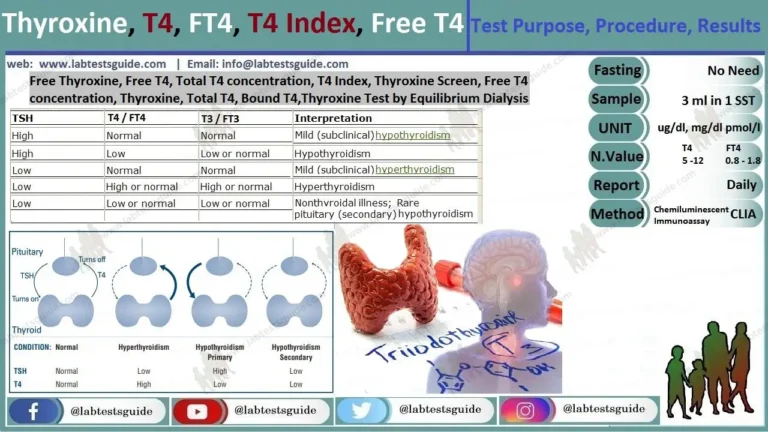The Anion Gap (AG) Calculator evaluates acid-base imbalances by measuring the difference between unmeasured cations and anions in the blood. Essential for diagnosing metabolic acidosis, diabetic ketoacidosis (DKA), and renal failure, this tool provides quick insights using basic electrolyte values.

Formula
The anion gap is calculated using electrolytes from a basic metabolic panel (BMP) or comprehensive metabolic panel (CMP):
AG = [Na+] – ([Cl−] + [HCO3−])
Alternative formula (if K⁺ is included):
AG = ([Na⁺] + [K⁺]) − ([Cl⁻] + [HCO₃⁻])
How to Use the Calculator
- Input Electrolytes (in mEq/L or mmol/L):
- Sodium (Na⁺)
- Chloride (Cl⁻)
- Bicarbonate (HCO₃⁻)
- Potassium (K⁺) (optional)
🧮 Anion Gap (AG) Calculator
📐 Formulas:
Without K⁺: AG = [Na+] − ([Cl−] + [HCO3−])
With K⁺: AG = ([Na+] + [K+]) − ([Cl−] + [HCO3−])
Calculate:
- Sodium (Na⁺): 140
- Chloride (Cl⁻): 100
- Bicarbonate (HCO₃⁻): 24
- Potassium (K⁺) (optional): 3.4
Anion Gap (AG) = [Na+] – ([Cl−] + [HCO3−])
Anion Gap (AG) = [140] – ([100] + [24]) = 16.0 mEq/L
Anion Gap (AG) = ([Na⁺] + [K⁺]) − ([Cl⁻] + [HCO₃⁻])
Anion Gap (AG) = ([140] + [3.4]) − ([100] + [24]) = 19.4 mEq/L
Normal Anion Gap
| Formula | Normal Range |
|---|---|
| Without K⁺ | 8–16 mEq/L |
| With K⁺ | 10–20 mEq/L |
Example Calculations
- Normal AG:
- Na⁺ = 140, Cl⁻ = 100, HCO₃⁻ = 24
Anion Gap (AG) = [Na+] – ([Cl−] + [HCO3−])
Anion Gap (AG) = [140] – ([100] + [24]) = 16.0 mEq/L
- High AG (Metabolic Acidosis):
- Na⁺ = 145, Cl⁻ = 95, HCO₃⁻ = 12
Anion Gap (AG) = [Na+] – ([Cl−] + [HCO3−])
Anion Gap (AG) = [145] – ([95] + [12]) = 38.0 mEq/L
Clinical Interpretation
| Anion Gap | Possible Causes |
|---|---|
| High (>16) | – Diabetic ketoacidosis (DKA) – Lactic acidosis – Renal failure – Toxins (methanol, ethylene glycol) |
| Normal | – Diarrhea – Renal tubular acidosis (RTA) – Hyperchloremic acidosis |
| Low (<8) | – Hypoalbuminemia – Multiple myeloma – Lithium toxicity |





